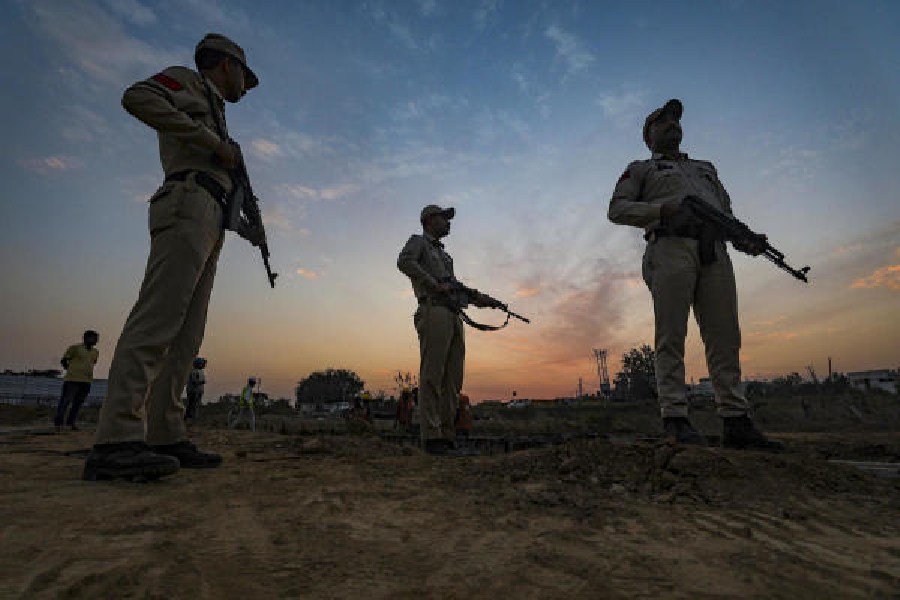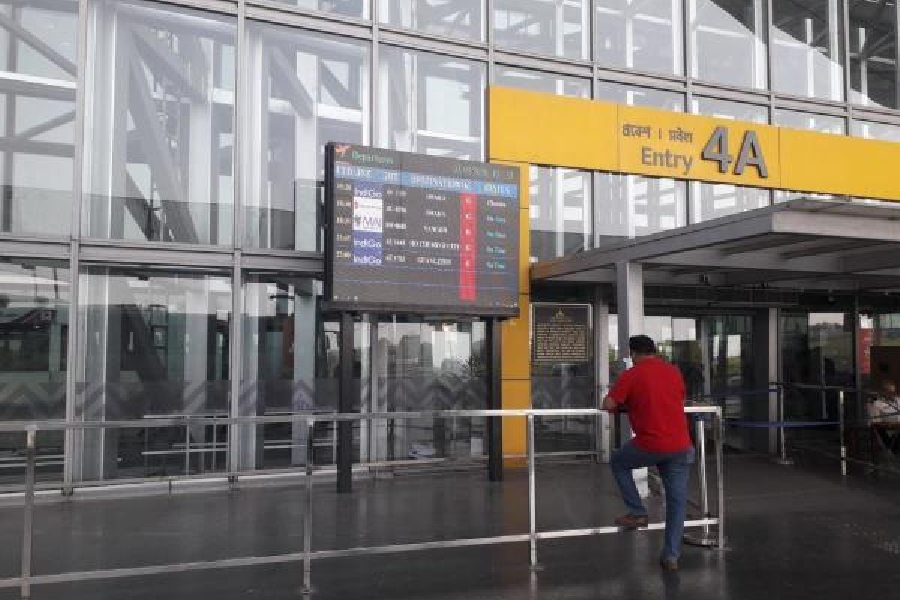Public service has long struggled with bureaucratic inefficiencies, overburdened systems, and uneven access. While governance reforms have improved outcomes, millions still fall through the cracks. Healthcare workers remain overworked, senior citizens struggle with caregiving support, and rural areas lack skill-based mentorship.
But India has an abundance of untapped human capital. Skilled individuals across sectors are willing to contribute their time but there is no structured mechanism to integrate their efforts into public service frameworks. Time banking, a system that allows people to exchange time and services instead of money, offers a community-driven model to strengthen public-service delivery.
Time banking operates on a simple principle: one hour of service equals one-time credit. For example, a teacher could offer free tutoring and earn credits for medical consultation, or a young professional could mentor a student and redeem time credits for legal advice or caregiving support. Unlike traditional volunteering, this model ensures reciprocity, making service exchange sustainable.
Globally, time banking has made inroads into healthcare and community welfare sectors. Japan’s Fureai Kippu system allows individuals to earn caregiving credits for assisting the elderly. The United Kingdom has incorporated time banking into local governance, enabling volunteers to support municipal services in exchange for training and social benefits.
In India, where State-led welfare programmes cannot keep pace with the increasing demand for public services, time banking can offer a practical and scalable solution. This model can be a game-changer in three areas.
The first is elderly care. With 20% of India’s population projected to be over 60 by 2050 (UNFPA, 2023), caregiving is becoming a pressing challenge. In urban areas, where nuclear families are the norm and migration has left the elderly without support, time banking could create an intergenerational caregiving system.
Another critical area of application is youth skill development. Despite large-scale government efforts in vocational training, many young Indians lack mentorship and industry exposure. A time banking framework could allow professionals to mentor students, conduct digital literacy workshops, or offer career guidance in exchange for time credits, which they could redeem for personal skill-building or networking sessions. This would bridge the rural-urban divide in skill-sharing and ensure that talent is not geographically restricted.
Community-led governance is another area where time banking could have a transformative impact. The Covid-19 pandemic demonstrated that citizen networks can step in when State capacity is stretched. Time banking could institutionalise and scale this model for long-term civic engagement.
Three critical steps are needed to make time banking viable.
First, institutional recognition is essential. The government should embed time banking within urban and rural development schemes, particularly in social welfare and skill-building initiatives.
Second, technology must drive accessibility. A digital time banking platform, operating like a UPI system for service exchange, could enable seamless tracking of time credits and ensure transparency.
Lastly, private-sector collaboration can accelerate adoption. Large corporations could integrate time banking into CSR frameworks, allowing employees to contribute their time to mentoring, skill training, or social initiatives in exchange for professional development incentives.
Time banking creates self-sustaining social welfare. Its success in Japan, the UK, and Switzerland provides a blueprint for India.
Atul Kriti is a PhD scholar at the Tata Institute of Social Sciences.
Sirjan Kaur is a Senior Development Associate at a public policy institution.










